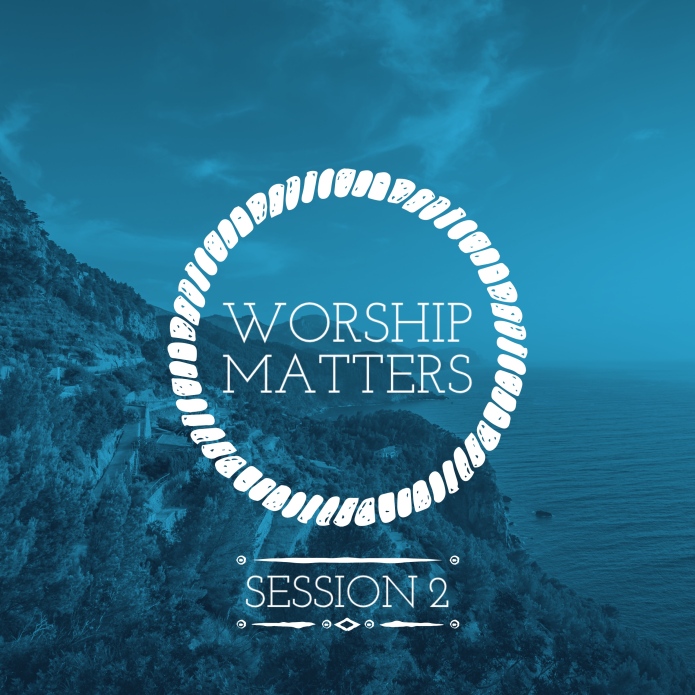Recently, Highland has gone through a “replacement” phase of all of it’s technologies around it’s campus because of most everything being 10+ years old.
During that time, the 9 year old sound board (Allen and Heath iLive 176 and a 48 channel iDR Mix rack) in our main worship space died, was revived and then starting dying slowly again (the surface mainly) all within about 4 months. This catastrophic event the Lord guided us through started me on my journey to find the best sound console for our space. The iLive was good, but at the rate technology is advancing, it was an old dinosaur operating on outdated protocols.
Step 1 – What are your needs?
Before I thought about brands, I wrote down my needs. What were those?
- Input channel count
- Output channel count
- Dante integration
- IEM integration
Some other important factors one could consider would be analog or digital; if digital, the console’s operating system (what you need to do to actually set up the console and operate it); how effective you would be as a leader to train your volunteers on how to use it on a week to week basis; what kind of warranty each brand offered; customer service; and how long the consoles would last. Having experience in my favorite brands’ OS, I was confident I could come up with a process to easily train my volunteer and paid sound techs.
Step 2 – Brand and console selection
Those specific guidelines pointed me to the right “level” of sound console from my three favorite brands (DiGiCo, Allen and Heath, and Midas). I made sure to research each brand on my own and asked my integrator what would work best for our needs as well. As soon as we came to a consensus, we started the pricing and demoing phase.
Step 3 – Pricing and Demo Phase
In tandem with getting a quote on what it would cost to buy and install all of the equipment per sound console ecosystem, I scheduled demos of each sound console through my integrator. At each demo, my integrator brought me a quote for the install of the console and all other equipment. At the end of the day, this allowed me to rank each console by price and how it sounded. If a console sounded phenomenal, but was way out of my attainable price range, I would obviously not be able to select that console as the solution for our space.
Step 4 – Selection Phase
By this phase, I was intimately familiar with how each console sounded, operated and fit in to my needs. Fortunately for me, all three consoles fit in to my most basic channel count and integration needs. The deciding factors for me were how the console sounded and how closely that fit Highland’s ideal sound for our space and the price of the total install project.
For us, the best sounding console was the DiGiCo SD10, but it was around $140K to install all of the bells and whistles. The Midas Pro X with their new neutron processor sounded almost as good as the DiGiCo, but was only $70K to install after some generous promotions Midas was offering to all new console purchases at the time. This sealed the deal as I was not only considering how it would affect our worship space, but also the funds we had available in light of other expensive projects our elders were deciding on at the time (like a new van for ministries to use, a new AC system for one of the buildings, property purchase and other very expensive things). Saving the $70K and freeing up that cash to do other big projects around campus made it an easy sell to our elders and Administrative pastor.
Step 5 – Install Phase
Schedule a time with your integrator to install the sound console. Make sure to write down everything you are wanting and expecting during the install. Make sure you and your integrator agree to those terms!
Once they’ve completed the install, be sure to walk around and check every single thing they touched. I made a mistake and skipped this step. About 8 weeks later I noticed some mis-wiring on some amps and had to fix it myself. If I had caught that earlier before my integrator left, he could have fixed it for me.
Hopefully this will help some of you through the process of selecting the right sound board for you and your space!




